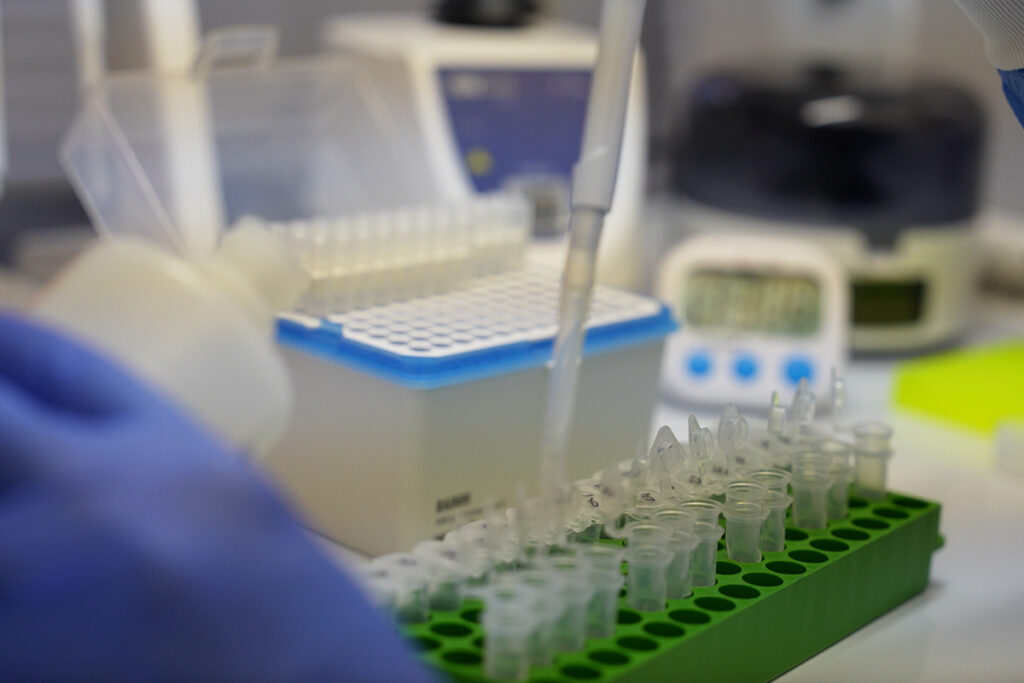David Sinclair’s Harvard lab uses K-Dense Beta to develop an ‘uncertainty-aware’ biological aging clock in a matter of weeks.
Generative AI startup Biostate AI has entered the race to accelerate biomedical discovery with the launch of K-Dense Beta, a multi-agent AI system designed to compress research timelines from years to days. The company’s technology has already demonstrated its potential in aging and longevity research in a collaboration with renowned aging researcher Professor David Sinclair at Harvard Medical School.
Rather than focus on specific aspects of research, K-Dense is designed to manage entire research cycles, leveraging a suite of specialized AI agents that can design experiments, interpret biological data, review literature, run analyses, execute code in secure environments, and generate publication-ready reports. In aging and longevity science, where researchers face the dual challenges of massive data volume and long biological timescales, the ability to run comprehensive, verifiable studies in dramatically shorter timeframes could help accelerate new discoveries in the field.
The system’s performance was recently put to the test in aging research at Sinclair’s Harvard lab. Tasked with developing a transcriptomic aging clock, K-Dense analyzed a dataset of more than 600,000 RNA expression profiles, filtering down to 60,000 high-quality samples and identifying 5,000 key genes from more than 50,000 possibilities. The results, recently published in a preprint paper, show that the AI analyzed enormous datasets, identified key genetic markers of aging, and built predictive models that not only estimate biological age but also provide measures of uncertainty for each prediction.
“K-Dense enabled us to complete an entire research study in just a few weeks, work that typically requires months or years of expert analysis,” said Sinclair. “It pointed us to markers and pathways that warrant deeper study and helped us build a unified AI model for predicting biological age. Importantly, it also provided a measure of how reliable those predictions are, which is critical for scientific applications and has not been available in prior AI approaches.”
The confidence estimation feature is particularly interesting, as it could allow researchers and clinicians to know when and where the predictions may be less reliable, for instance at stages of biological transitions or in particularly heterogeneous populations.
According to Biostate, K-Dense Beta’s architecture mirrors a team of independent scientists, with agents cross-checking each other’s work against external databases and feeding results back into the process to ensure traceability and minimize errors. Integrated with standard bioinformatics pipelines, curated databases, and tools like AlphaFold, it can also connect modularly to external software through Model Context Protocol, widening its reach across biomedical applications.
Running on Google Cloud’s Gemini 2.5 Pro, Biostate claims that K-Dense outperformed widely deployed models such as GPT-5, GPT-4o and Claude 3.5 Sonnet in a bioinformatics test.
“Biostate’s implementation with Gemini 2.5 Pro showcases our model’s transformative potential for complex scientific challenges,” said Bikram Singh Bedi, a VP at Google Cloud Asia Pacific. “Their multi-agent approach demonstrates how intelligent coordination of advanced language models can accelerate genuine scientific discovery.”
Founded by David Zhang and Ashwin Gopinath, Biostate AI closed a $12 million Series A earlier this year and has since expanded collaborations with hospitals, academic centers, and biopharma partners in the United States, China and India. K-Dense Beta is currently being tested with select partners, with broader availability planned later in the year.
“There is a crisis in science right now, where we have too much data and not enough resources to evaluate it,” said Biostate CTO Gopinath. “We have created an AI scientist that can work 24/7, dramatically accelerating discovery while maintaining rigorous scientific standards.”

